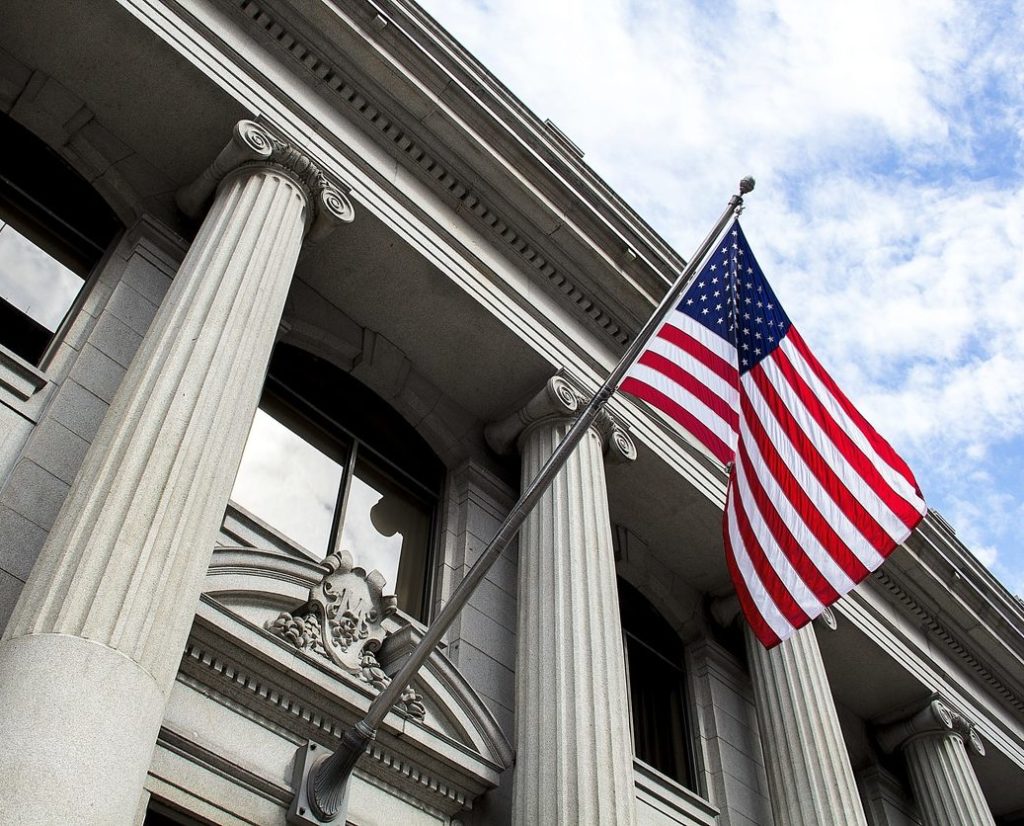On May 4, a bipartisan group of U.S. Representatives reintroduced the Whistleblower Protection Improvement Act of 2021 (WPIA). The bill aims to address a number of shortcomings with the Whistleblower Protection Act (WPA), the main law offering whistleblower protections to federal employees.
Among the most notable reforms of the WPIA is that it grants federal employee whistleblowers access to jury trials in federal courts. Currently, federal employees’ whistleblower retaliation claims are exclusively heard by the Merit System Protection Board (MSPB), a quasi-judicial federal agency chaired by Presidential appointees. The WPIA allows whistleblowers to pursue their retaliation claims in federal court if the MSPB does not issue a ruling within 180 days.
Whistleblower advocates have argued that this reform is pressingly necessary because the MSPB has lacked a quorum since the beginning of 2017. Without the two members needed to form a quorum, the MSPB has been unable to rule on any whistleblower retaliation cases for over four years. According to exclusive reporting by Whistleblower Network News, at the beginning of 2021, the MSPB had a backlog of 3,118 cases. This backlog could take years to work through.
Even prior to the MSPB’s current crisis, whistleblower advocates have long argued that federal employee whistleblowers deserve the right to a jury trial. In his book The New Whistleblower’s Handbook, whistleblower attorney Stephen M. Kohn, of Kohn, Kohn & Colapinto, states that “on a whole the whistleblower laws protecting federal workers are not as strong as those protecting most corporate employees.”
Recent statistics reveal that MSPB Administrative Judges (AJs) “have a track record of hostility to the whistleblower rights over which they preside,” according to testimony by the Government Accountability Project (GAP). While the MSPB has been unable to issue final decisions because of the lack of quorum, administrative judges have continued to produce Initial Decisions. According to GAP, “a review of 51 AJ decisions from January 1–April 30 revealed a 50-1 track record against whistleblowers.”
“Protections for whistleblowers need to be strengthened to preserve the crucial role these brave federal employees play in holding the government accountable,” said Representative Carolyn Maloney (D-NY) in a statement announcing the reintroduction of the bill. Representatives Nancy Mace (R-SC), Gerry Connolly (D-VA), Jackie Speier (D-CA), Eddie Bernice Johnson (D-TX), and Kathleen Rice (D-NY) introduced the bill alongside Maloney.
“When Americans alert the nation to waste, fraud, and abuse by the federal government, they take immense personal, professional, and emotional risks,” said Mace. “Right now, these brave citizens are vulnerable to vicious campaigns of intimidation and retaliation which put their ability to provide for their families in jeopardy. Whistleblowers help root out corruption and we must ensure they aren’t victimized or silenced by those who seek to abuse their power.”
The WPIA contains a number of other reforms to the WPA. It prohibits federal agencies from launching retaliatory investigations against whistleblowers, clarifies that no federal employee, including the President, may interfere with a whistleblower who provides information to Congress, and provides federal whistleblowers the timely opportunity to obtain temporary relief. The bill also expands the WPA to cover non-career Senior Executive Service and Public Health Service employees.
Read:
Maloney Leads Bipartisan Group of Members in Introducing Whistleblower Protection Improvement Act
